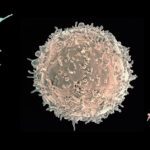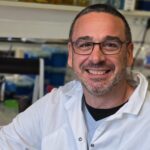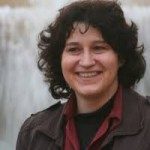About
The Oncobiomics project is conducted in the HTE (heterogenity tumor ecosystem) national program launched by the cancer nation institute (Inca) in the third national cancer plan 2014-2019. It’s a consortium project involving 8 teams from 5 differents national institutions (academics and privates).
The goal of this national and interdisciplinary consortium is to define how inter-tumor heterogeneity and differences between cancer cells within a tumor can lead to variable response to therapies.
The consortium aims at deciphering how the interplay between the tumor microenvironment and its microbiome may contribute to tumor plasticity and/or tumor-immunosuppressive milieu that may promote emergence of resistances. To this end, a system biology approach with the two following complementary aims was envisaged i) defining bacterial, in situ metabolomic, immune and genetic signatures across stages of colorectal cancer progression and ii) identifying sequence of events leading to the tumoral heterogeneity in response to tumor-residing bacteria. To this end, a highly interdisciplinary translational program benefits from a continued fruitful collaborative research approach gathering complementary inputs on bacteriology, biostatistics, immunology, metagenomics and oncology, and expertise on the emerging role of the stromal microenvironment on cancer progression and acquired therapy resistance. Biomics involvement was transversal on all of these fields.



















